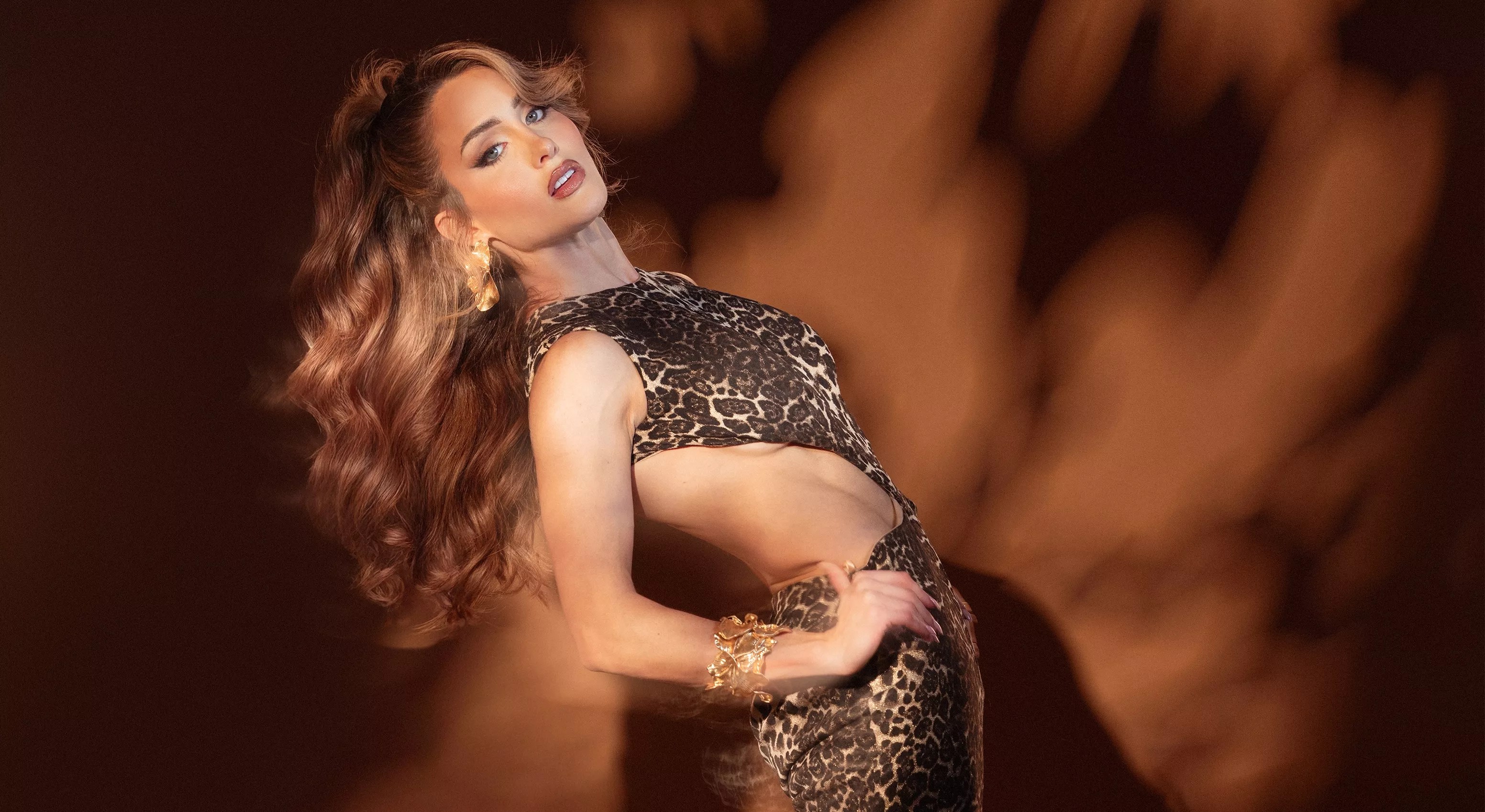
Photo by Stephanie Miranda

Audio By Carbonatix
The Miss Universe Cuba pageant is not held in Havana or anywhere else on its namesake island. Instead, it takes place in Hialeah, a city shaped by generations of Cuban exiles, and a location that is not merely logistical.
One of the many changes brought by Fidel Castro’s revolution was a ban on beauty pageants, which he dismissed as “frivolous” and “shallow.” The ban remains in place today. Modeling – posing silently for the camera – is permitted in Cuba, but giving women a microphone and a platform is not.
For contestants like Mia Dio, that distinction is significant. “Why can’t this pageant occur in Cuba?” she asks in an interview with New Times. “It’s because you’re not giving [models] a microphone and telling them what they actually have to go home to – the lack of power, the lack of water, the lack of medicine.”
Mia Angelina Donadio Cancio, better known online as Mia Dio, is a Miami native and viral content creator who, last month, became one of 20 women selected to compete in the upcoming Miss Universe Cuba pageant. She’s built a global audience through brash humor, sharp social commentary, and unfiltered takes on everything from dating to feminism. She aims to bring that same outspoken approach to the pageant world when tackling subjects including period poverty, femicide, and censorship in Cuba.
“I’m very much aware…that because of my opinions, there’s a great opportunity that I will not win,” says Dio, 24, of her involvement in a competition often associated with diplomacy and polished answers.
Her path to advocacy was shaped not only by her upbringing in South Florida but also by personal tragedy. In 2023, she suffered a miscarriage, an experience that left her grappling with depression and impostor syndrome. She questioned the value of her work and the platform she had built through years of online content creation. As she worked through her grief, she redefined her mission.
“I wanted to start making content that was a little bit clearer in the messaging…as far as what we should be doing as a society; as women,” she says.
Her platform now centers on visibility and empowerment. Dio frequently cites troubling statistics about life on the island, where Cuban women face rising rates of gender-based violence, femicide, and severe shortages of basic necessities. Widespread period poverty forces many women to rely on low-quality or improvised menstrual products due to chronic shortages and inflated black market prices. Dio is determined to use her growing platform to highlight those issues, many of which she says receive little attention beyond the island.
While she acknowledges that not every contestant has the privilege to speak openly – many still have family on the island and may fear retribution – Dio believes her circumstances give her a responsibility to raise her voice. Her identity as a Cuban American is shaped by the stories of family members like her grandfather, former Miami-Dade County commissioner Jose “Pepe” Cancio, a Republican politician who fled Cuba as a child through Operation Peter Pan.
“I feel like I know Cuba through my family’s memories,” she says.
Dio says pageant insiders and fans have cautioned that Miss Universe tends to favor safe, noncontroversial candidates. Still, she remains committed to competing on her own terms.
“Why is it that when a man breaks the mold, they’re revolutionary…but when a woman does it, she’s controversial?” she asks.
Regardless of how the judges score her, she says her participation has already served its purpose. For her, the pageant is not about personal glory but about creating space for stories that are too often silenced.
“If I want to win, I want to win authentically me, 100 percent me,” she says. “And if I was 100 percent authentically me, and that meant that I couldn’t win, that wasn’t necessarily my crown.”
In her view, the title is secondary to the message. “If the crown above my head is just going to be a golden shackle,” she says, “you can keep it and I’ll keep yapping.”